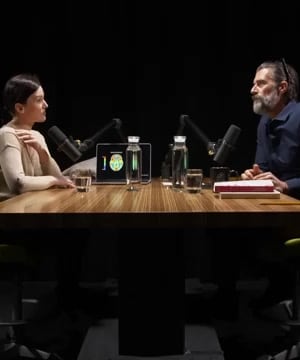Alzheimer's and dementia
Sources:
Alzheimer's disease and dementia are often discussed together but have distinct characteristics and implications. Here are some insightful discussions from trusted experts on various aspects of these cognitive conditions:
-
Definition and Differences:
-
Symptoms and Diagnosis:
- The diagnosis of Alzheimer's typically involves clinical assessments by neurologists, often including reports from family members on symptoms like memory issues and confusion. Biomarkers like amyloid and tau proteins, as well as mental status exams, are used to rule out other causes 3.
- Cognitive decline begins years before an Alzheimer’s diagnosis, gradually reducing a person’s ability to perform daily activities. This loss of cognitive function is progressive and includes memory, language, and spatial awareness deficits 4 3.
-
Types of Dementia:
- Various forms of dementia, such as vascular dementia, Lewy body dementia, and frontotemporal dementia, are caused by different underlying mechanisms and manifest differently. While Alzheimer's is characterized by plaques and tangles, vascular dementia results from cerebrovascular issues, and Lewy body dementia involves protein deposits in the brain associated with Parkinsonian symptoms 5 6.
-
Current Understandings and Hypotheses:
- Recent discussions challenge long-held beliefs about Alzheimer’s, particularly the amyloid hypothesis. Experts like Dr. Tommy Wood suggest that conflating different types of Alzheimer's might have hindered effective treatments. A more nuanced understanding of early and late-onset Alzheimer's, driven by genetic and lifestyle factors, is crucial for developing treatments 7 8.
-
Preventive and Reversal Strategies:
- Dr. Dale Bredesen has developed protocols showing potential in reversing Alzheimer’s symptoms by addressing root causes like inflammation, metabolic issues, and neurotoxins. His research emphasizes essential lifestyle changes and early interventions 4.
- Experts advocate for a proactive approach to brain health, focusing on reducing cognitive decline early through lifestyle changes, mental activity, and proper health management 9.
Understanding Alzheimer’s disease and dementia involves recognizing their complex nature, various causes, and the importance of early intervention and lifestyle factors in managing these conditions effectively.
RELATED QUESTIONS-




